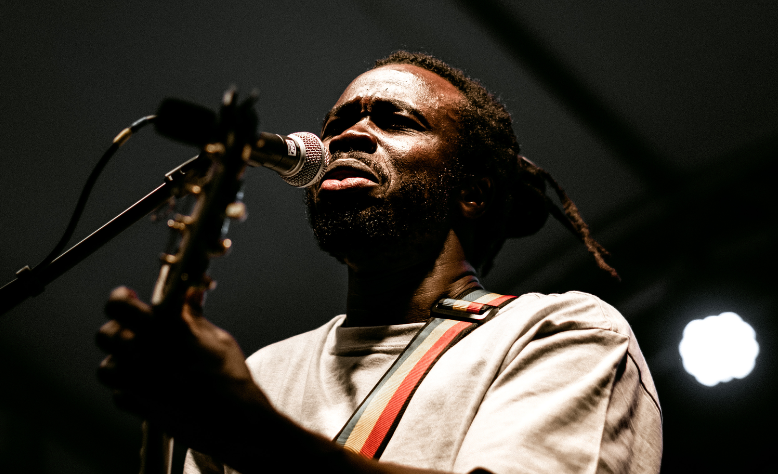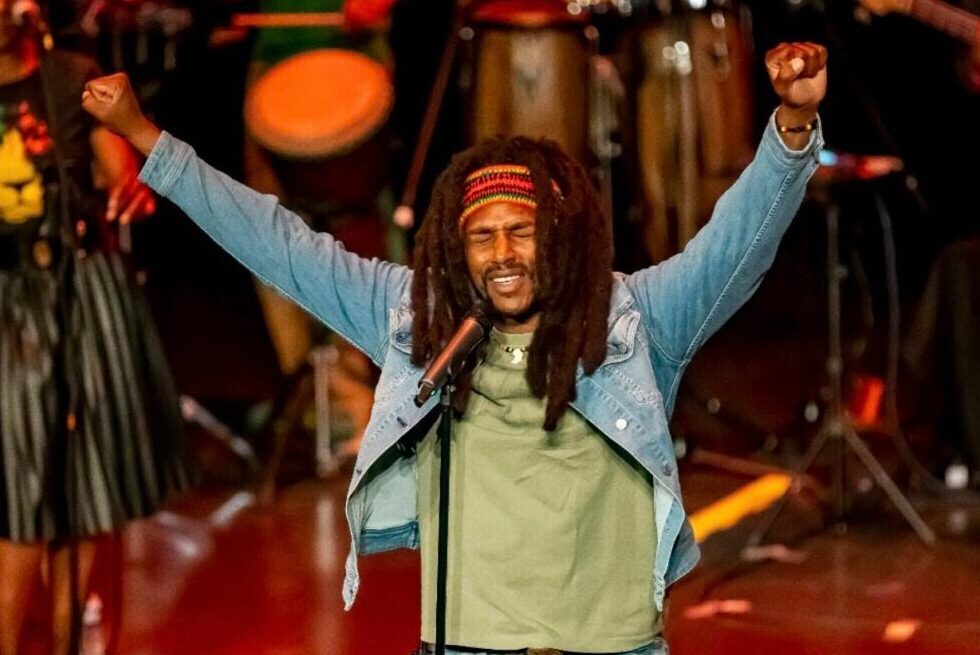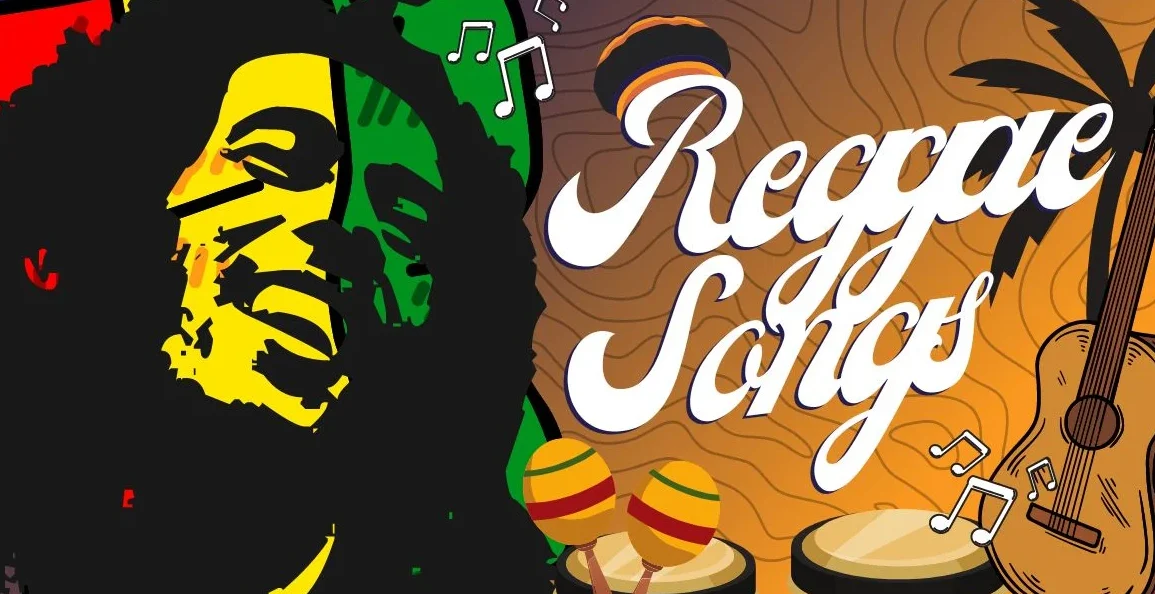Examining the cultural significance of reggae music
Reggae music is a genre that originated in Jamaica in the late 1960s and has since become a significant cultural force worldwide. Reggae’s roots can be traced back to the hybridity of Jamaican culture, which drew from various musical genres, including African and Caribbean music. The genre quickly emerged as the dominant style of music in Jamaica. The origins of reggae reflect the cultural diversity and complexity of the Caribbean region, which has been shaped by centuries of colonialism, slavery, and immigration. Thus, reggae music represents a unique blend of cultural influences that have come together to create a distinctive sound that has resonated with people around the world.
The influence of African and Caribbean music on reggae is evident in the genre’s rhythmic style and instrumentation. Musicians from many African cultures have noted the similarities between reggae and their own traditional music. Additionally, reggae has been influenced by the calypso and ska music that emerged in the Caribbean in the 1950s. These musical influences have contributed to the unique sound of reggae, which has been embraced by people of diverse cultural backgrounds worldwide.

The cultural significance of reggae music is closely tied to the philosophy of Rastafarianism, which has played a significant role in shaping the genre’s lyrical content and social message. Rastafarianism is a spiritual and cultural movement that emerged in Jamaica in the 1930s, which emphasizes the importance of African identity and resistance to oppression. The movement has had a profound influence on reggae music, with many artists adopting Rastafarian symbols and themes in their music. Reggae music has become a powerful tool for promoting social justice and political change, particularly in the context of Jamaica’s history of colonialism and political oppression. Thus, the cultural significance of reggae music extends far beyond its musical style, reflecting the complex history and cultural identity of the Caribbean region.
The social and political impact of reggae music
Reggae music has played a significant role in the civil rights movement, particularly in Jamaica and other parts of the Caribbean. The genre emerged in the late 1960s as a response to social and political unrest, and quickly became a powerful tool for expressing the struggles and aspirations of marginalized communities. Roots reggae, in particular, was heavily influenced by Rastafarian philosophy and promoted ideals of universal equality and pan-Africanism. Reggae music’s emphasis on social justice and political activism made it a powerful force for change, and its impact on the civil rights movement cannot be overstated.

The political and social messages conveyed through reggae lyrics have also had a profound impact on global politics and activism. Reggae music has been used to promote racial equality and unity, celebrate cultural diversity, and advocate for peace and love. The music has been embraced by activists and revolutionaries around the world, who have used its messages to inspire change and challenge oppressive systems. Reggae music has been particularly influential in Europe, the United States, and Africa, where it has played a significant role in shaping cultural and political movements.
The cultural significance of reggae music cannot be overstated. Its impact on music and popular culture has been immense, and its messages of social justice and political activism continue to resonate with audiences around the world. Reggae music has inspired countless artists and activists, and has played a pivotal role in shaping the cultural and political landscape of the 20th and 21st centuries. Its influence on global politics and activism is undeniable, and its legacy as a tool for social change will continue to be felt for generations to come.
The musical elements of reggae that contribute to its cultural significance
Reggae music has had a significant impact on the cultural universe, particularly in Europe, the USA, and Africa. The musical elements of reggae contribute to its cultural significance, with its unique rhythm and beat being a defining characteristic. Reggae music typically features a slow tempo with a heavy emphasis on the off-beat, known as the “skank”. This distinctive rhythm is created by the use of instruments such as the guitar and piano, played on the off-beat to create a syncopated sound. The rhythm and beat of reggae music are often associated with feelings of relaxation and positivity, contributing to its popularity worldwide.
The use of dub and studio techniques has also played a significant role in the cultural significance of reggae music. Dub involves manipulating and remixing tracks to create a new sound, often incorporating sound effects and echoes. This technique has been used by many artists to create unique and experimental sounds, contributing to the evolution of reggae music. Studio techniques such as the use of reverb and delay have also been utilized to create a distinct sound in reggae music. These techniques have helped to shape the genre and have contributed to its cultural significance.
The importance of lyrics and message in reggae music is another key element that contributes to its cultural significance. Reggae music is known for its tradition of social criticism and political commentary. Many reggae songs discuss issues such as poverty, inequality, and social injustice, making it a powerful tool for social change. The lyrics often promote messages of love, peace, and unity, reflecting the Rastafarian philosophy that underpins the genre. The combination of these musical and lyrical elements has made reggae music a powerful force in the cultural landscape, with its impact being felt around the world.
The legacy of reggae music and its continued influence on culture
Reggae music, which originated in Jamaica in the late 1960s, has grown into a global genre with a significant cultural impact. The genre’s popularity has spread worldwide, particularly in Europe, the USA, and Africa. Reggae music has addressed social injustices such as corruption, bad governance, and oppression of the poor, making it a powerful tool for political and social change. Despite some misconceptions that reggae promotes drug use and rebellion, the genre is a reflection of Jamaican culture and a celebration of Rastafarianism, which promotes love and peace. Thus, reggae music has become a cultural phenomenon with a lasting legacy that continues to influence society today.

Reggae music has also influenced other musical genres and contributed to the creation of new sub-genres. Its heavy bass and distinct sound can be heard in mainstream British pop, and its impact is felt wherever rock and pop are played. Furthermore, reggae music has advocated for universal equality and pan-Africanism, inspiring social and political movements worldwide. The genre’s philosophy is rooted in Rastafarianism, which emphasizes the importance of spirituality and social justice. Thus, reggae music has contributed to the development of music and culture worldwide.
XXX Hd femei mame care se fut si porno 4k https://xxx1.link/wp-content/uploads/2022/05/c5879cdd74ca489283e5af477bb476ae-240×155.jpg, https://xxx1.link/wp-content/uploads/2022/05/dbcf4823d71e52de142e89f2ed68c0c6-240×155.jpg, https://xxx1.link/wp-content/uploads/2021/06/235da31536ffe2833d54de54a13a3a71-240×155.jpg, https://xxx1.link/wp-content/uploads/2021/10/d3e6506184ddbf7c90f0830356f45225-240×155.jpg, https://xxx1.link/o-tanara-are-oportunitatea-sa-foloseasca-pula-cum-vrea/, https://xxx1.link/merge-goala-pe-bicicleta-isi-urmareste-vecina-si-face-sex/, https://xxx1.link/fute-bine-cu-bile-pe-pula/, https://xxx1.link/sex-cu-brunete-curoase-ce-stau-pe-burta-si-sunt-futute-in-fund/, https://xxx1.link/wp-content/uploads/2022/01/96fd52f2ec529b0a3c1d89127e104937-240×155.jpg, https://xxx1.link/wp-content/uploads/2021/05/ad24403339c11495afebbf77d3994f67-240×155.jpg, https://xxx1.link/wp-content/uploads/2022/03/c63e66422b1631ebb69cc52fbceccff8-240×155.jpg, https://xxx1.link/wp-content/uploads/2021/10/6161f4f2b8013d38665544b67cd45279-240×155.jpg, https://xxx1.link/wp-content/uploads/2023/08/a28251b040fc21ab87fb65347528fe5c-240×155.jpg.
The continued relevance of reggae music today is a testament to its cultural significance. Reggae has become a symbol of resistance and social change, inspiring generations of musicians and activists. Its message of love, peace, and unity has transcended cultural boundaries and continues to resonate with people worldwide. Reggae music’s legacy is a reflection of the struggles and triumphs of Jamaican culture, making it a powerful tool for cultural expression and social change.






